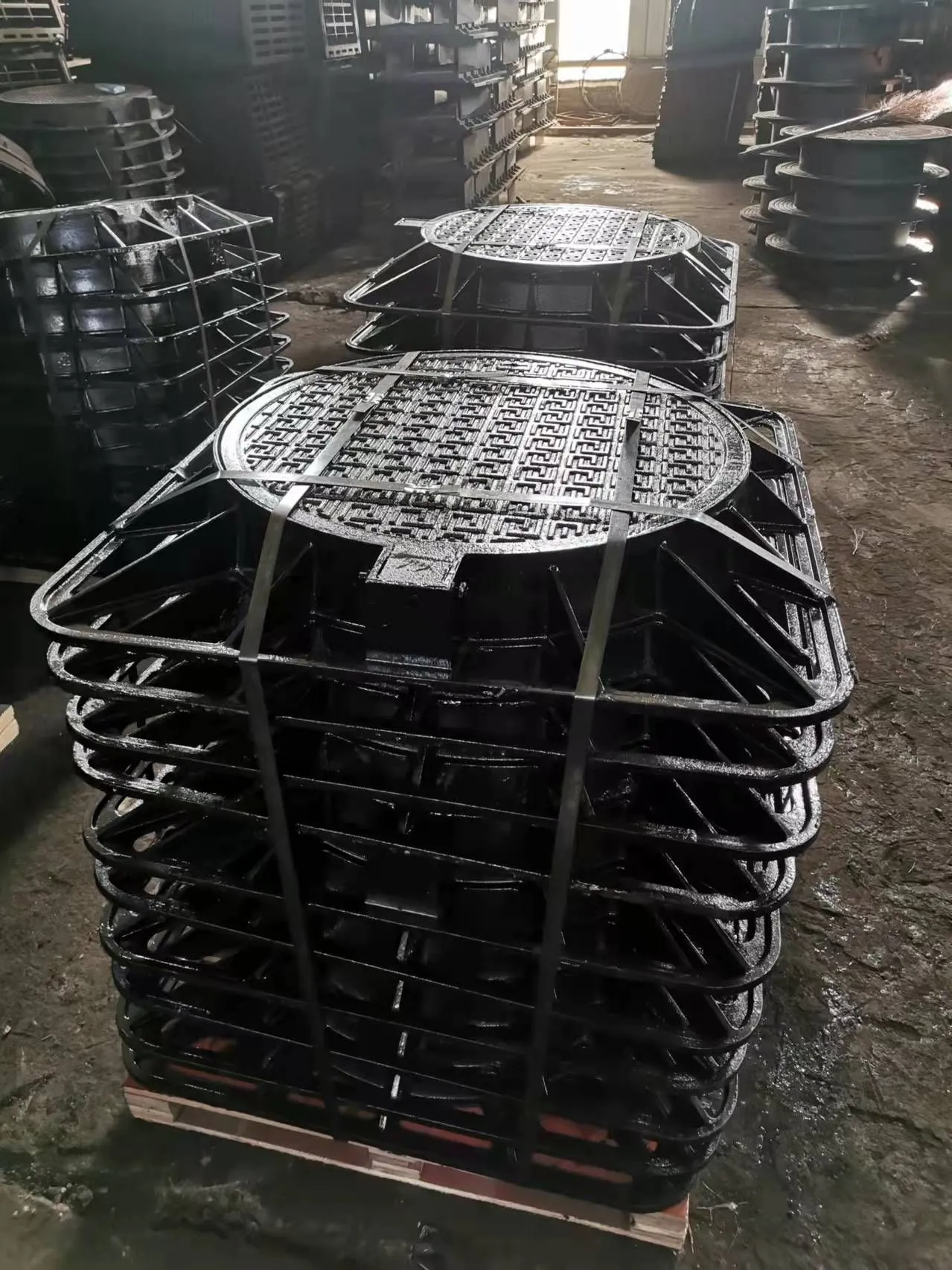Stainless Steel Grating Cost Analysis for Your Next Project
Understanding Stainless Steel Grating Prices
Stainless steel grating is a popular choice for various industrial and architectural applications due to its durability, corrosion resistance, and aesthetic appeal. As construction and manufacturing industries continue to grow, the demand for high-quality stainless steel grating has increased, leading to fluctuations in pricing. Understanding the factors that influence the price of stainless steel grating can help buyers make informed purchasing decisions.
Factors Affecting Prices
1. Material Composition The grade of stainless steel used in the grating plays a crucial role in its price. Common grades for grating include 304 and 316 stainless steel. Grade 304 is often less expensive and offers good corrosion resistance, making it suitable for many indoor environments. However, for applications exposed to harsh conditions, such as marine or chemical environments, grade 316 is preferred for its enhanced corrosion resistance, albeit at a higher cost.
2. Manufacturing Process The method used to manufacture the stainless steel grating can also affect its price. Welded grating tends to be more affordable due to the simpler production process, while pressed or swaged grating may be more expensive because it requires more complex manufacturing techniques. Additionally, custom designs, such as specific sizes, shapes, and load-bearing capacities, can increase costs.
3. Size and Thickness The dimensions of the grating directly impact pricing. Larger and thicker grating panels require more material and labor, leading to higher costs. Buyers should assess their needs carefully; selecting the appropriate size and thickness can help manage expenses while ensuring the grating meets safety and performance standards.
stainless steel grating price

4. Market Demand Prices for stainless steel grating can fluctuate based on market demand and supply chain dynamics. During periods of high demand, prices tend to increase. Conversely, if there is an oversupply in the market, prices may decrease. Seasonal trends and geographical locations can also play a role in pricing variations.
5. Surface Treatment Some stainless steel grating products undergo additional surface treatments, such as anti-slip coatings or finishes. These treatments can enhance safety and aesthetics but also add to the overall cost of the grating.
Typical Price Range
The price of stainless steel grating can vary widely based on the aforementioned factors. On average, prices may range from $30 to $100 per square foot, depending on the specifications. For instance, a simple, standard 304 stainless steel grating might fall on the lower end of this spectrum, while custom, heavy-duty 316 stainless steel grating with specialized features would be priced significantly higher.
Conclusion
When considering the purchase of stainless steel grating, it is essential to evaluate the specific requirements of your project and understand how different factors influence pricing. By exploring various options and obtaining quotes from multiple suppliers, buyers can find the best value while ensuring they meet the necessary quality and performance standards. Ultimately, investing in high-quality stainless steel grating can provide long-term benefits, including durability and reduced maintenance costs, making it a worthwhile choice for both industrial and architectural applications.
-
The Essential Component for Safe Urban InfrastructureNewsMay.14,2025
-
The Backbone of Urban InfrastructureNewsMay.14,2025
-
Practical and Stylish Solutions for Your Drainage NeedsNewsMay.14,2025
-
Lamphole Frame and Cover: Essential for Urban InfrastructureNewsMay.14,2025
-
A Seamless and Aesthetic SolutionNewsMay.14,2025
-
A Must-Have for Safety and DurabilityNewsMay.14,2025
-
Pipe Repair Clamps: Your Ultimate Solution for Efficient RepairsNewsMay.09,2025
